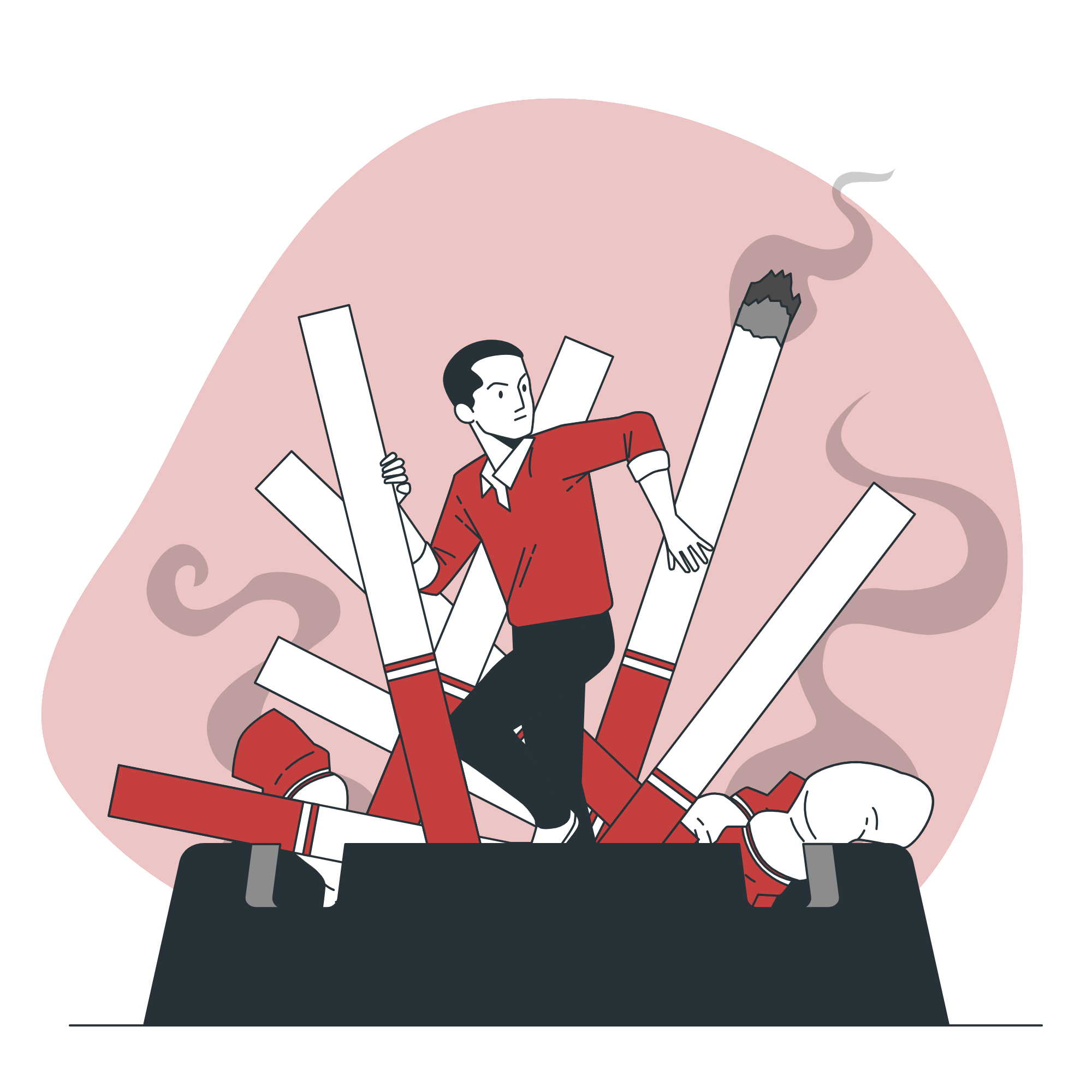Cigarette Smoking
Research Study
Stony Brook University researchers are investigating nicotine addiction in daily cigarette smokers who have a difficult time quitting.

Fast Facts
daily cigarette smoker
18-55 years old
able to do PET and MRI scan
Compensation Provided
Conducted in Stony Brook, NY
Study Background
Researchers hope to gain a better scientific understanding of nicotine addiction in daily smokers who have a difficult time quitting.
Although the rates of smoking in the US have substantially declined, approximately 20% of smokers have been unable to quit with standard therapies.
We are interested in how brain patterns are linked to daily cigarette use and how behavior, brain chemistry, and brain activity may be altered when smoking.

Study Background
Researchers hope to gain a better scientific understanding of nicotine addiction in daily smokers who have a difficult time quitting.
Although the rates of smoking in the US have substantially declined, approximately 20% of smokers have been unable to quit with standard therapies.
We are interested in how brain patterns are linked to daily cigarette use and how behavior, brain chemistry, and brain activity may be altered when smoking.
Additional Information
You may qualify for this study if you meet the following criteria.
Inclusion Criteria:
- 18-55 years old
- A fluent English speaker, for task and questionnaire completion
- A daily cigarette smoker
Exclusion Criteria:
- Severe medical, neurological, or mental illness
- Positive urine toxicology, except for cannabis
- Medication use within 6 months affecting brain function or blood flow
- History of head trauma with loss of consciousness more than 10 minutes
- Total lifetime exposure to radiation that is over federal limits
- Metal in the body or other medical exclusion for brain MRI
- Blood thinners other than aspirin
- Pregnancy or breastfeeding
- Currently incarcerated
Completion of this study takes approximately 3-4 days, but may involve additional days if it is in the best interest of you or the study, or if you are asked to serve as a study backup.
Includes:
- Confidential interviews/questionnaires
- Physical examination
- Brain imaging sessions (both PET and MRI)
- Behavioral testing
- Smoking choice task




